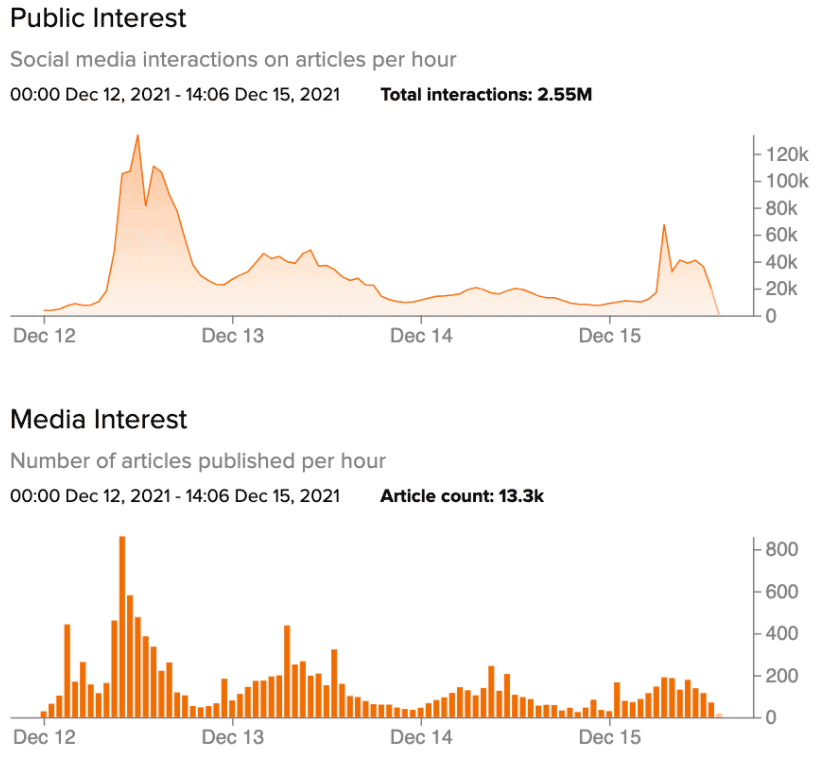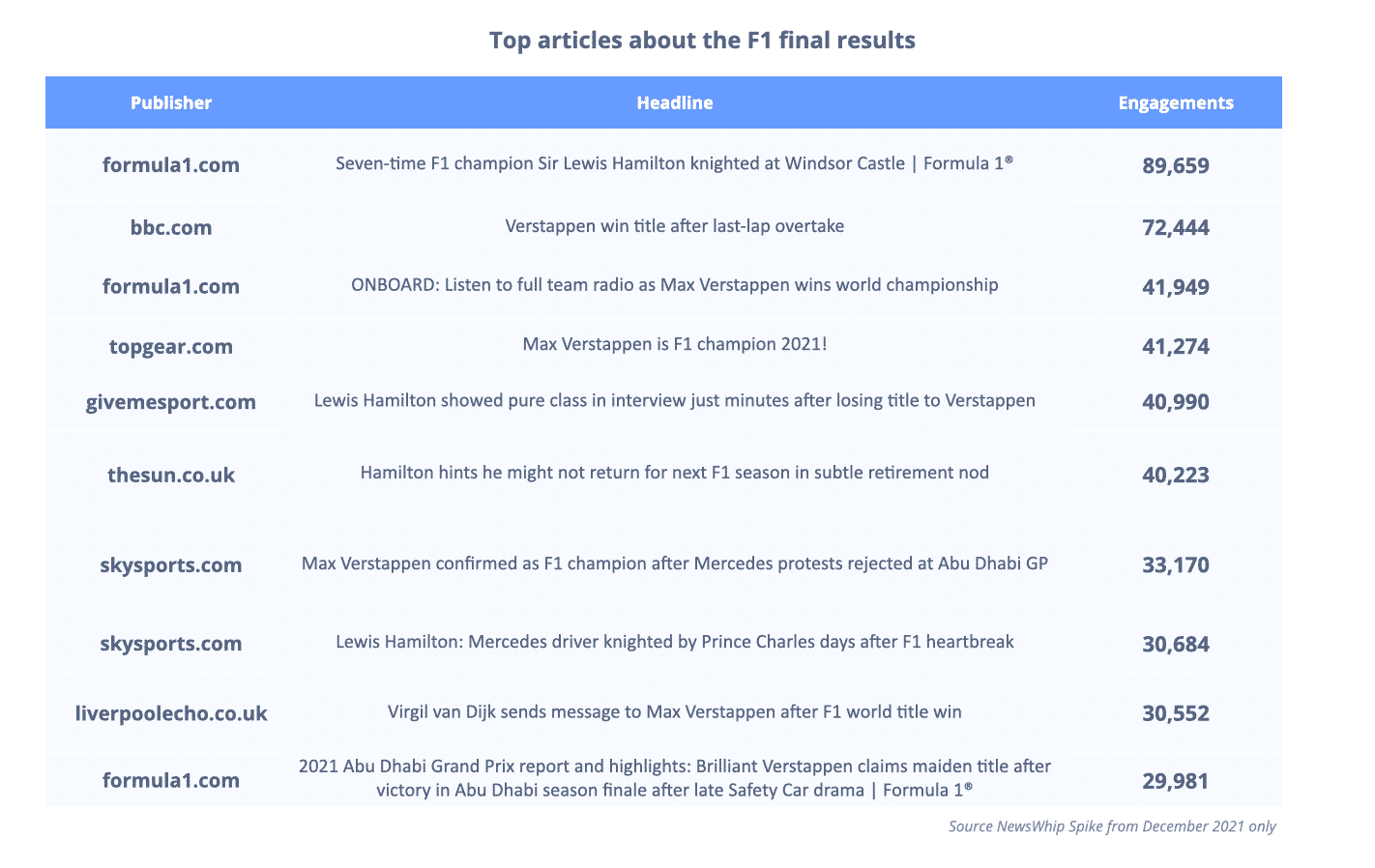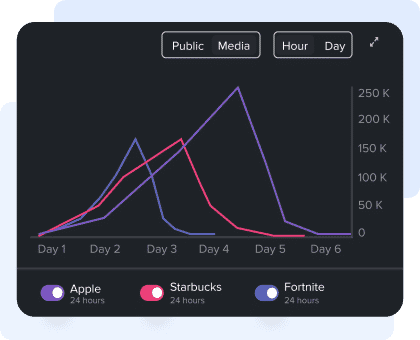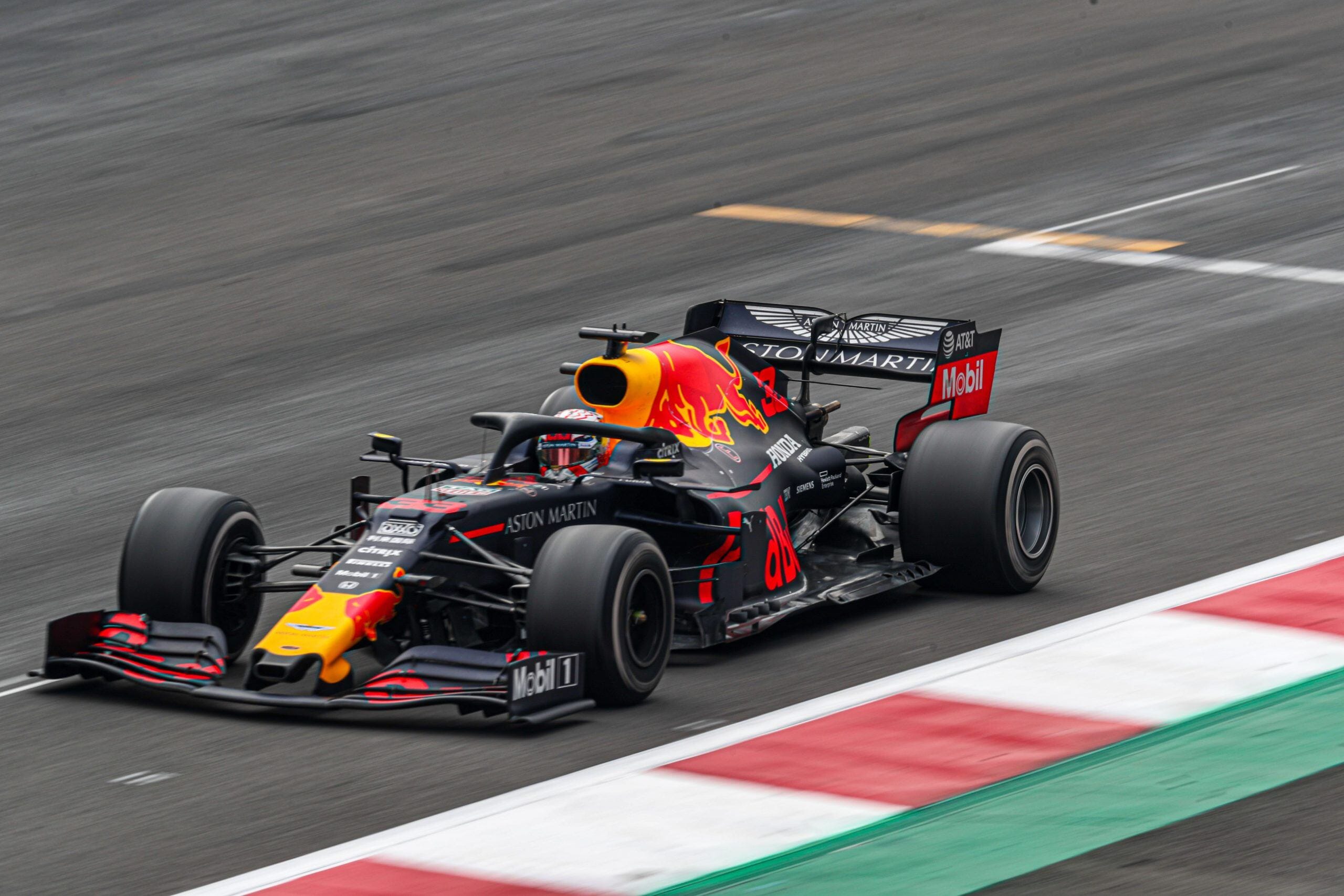After what could be considered the most jaw-dropping Formula 1 season of all time, we finally have a winner. Max Verstappen, a 24-year-old Belgian-Dutch prodigy, successfully beat seven-time English champion Lewis Hamilton in a nail-biting race that lasted until the final lap.
During a season that saw Verstappen and Hamilton tied on points until the last race, it was almost inevitable that this finale would be controversial in some way. And so it proved, as Hamilton led Verstappen for 52 laps, it seemed he was the clear and obvious winner of this fight. That was until Nicholas Latifi crashed into the wall, which employed a safety car and allowed the race to restart on the final lap. Verstappen was then able to pass Hamilton and snatch the title in a thrilling win.
In the hours following the race, heated discussions raged and Hamilton’s racing team Mercedes decided to appeal the title decision, and many called F1’s integrity as a sport into question. Though their appeals have ultimately been dismissed and Verstappen will continue to sit on his throne, the conversation in the media and public spheres is still ongoing.
We watched as this story sent both the public and the media into a frenzy, and how this story spread like wildfire across the web, and how it may have damaged Formula 1’s reputation.
Media and Public interest to articles about the F1 Controversy

On the day of the race, both public and media interest soared. Media interest peaked around 10 am (EST), with major publications reporting on the win, as well as the protests that followed. Public interest peaked right after, around 12 pm, as many fans congratulated Verstappen, and others supported the appeals.
Publications continued to post the next day with more stories coming out about the strong evidence Mercedes had to appeal their loss. Over the next two days, as it became obvious that Verstappen would continue to hold the title, interest quickly began to die down. The only other major peak in public interest happened on December 15th, as Lewis Hamilton was officially knighted by Prince Charles.
Top stories about the Formula 1 final

Bits of controversy were sprinkled throughout most stories, but many chose to highlight the winner despite the debate. Give Me Sport’s article about Hamilton humbly accepting defeat reached 40.9k engagements, while Sky Sports had 33.1k interactions on its story about Verstappen’s confirmed win after Mercedes protests were rejected.
How this story spread on socials
As this story spread just moments after the race ended, many had a lot of thoughts to input on social media. Notoriously known as a rich man’s sport, a multitude of celebrities offered their assessment of the race, all which saw heaps of engagement.
Opinions varied, as some online personalities felt the race outcome was unfair. After the race, English soccer commentator Gary Lineker used a clever analogy involving two of the Premier League’s top clubs to compare it to the severity of the final — and his dissatisfaction with the result — that had 106.4k interactions.
Imagine Man City and Liverpool going toe to toe for the title. On the last day of the season they meet & City are 3 up with just minutes to go. The referee decides it would be more exciting to have a penalty shootout. What’s more the City players have to be barefooted. That’s @F1
— Gary Lineker 💙 (@GaryLineker) December 13, 2021
Those who showed enthusiasm towards Verstappen’s win included Liverpool defender (and fellow Dutchman) Virgil Van Dijk and Indian cricketer Rohit Sharma.
The Formula 1 YouTube channel also saw massive amounts of interaction, with their complete race highlight video garnering an extraordinary 11.3 million views. Formula 1 also had the next top 5 spots on the YouTube charts, with videos about Verstappen and Hamilton’s final lap and inside look at each driver’s final radio calls going viral.
Comments across the web were mixed, but it seemed a majority of the negativity towards the win came on Twitter, where users can post quick-witted responses and fire back in replies during heated discussions.
How does this compare?
Sports are no strangers to controversies. From deflategate to Tim Donaghy, scandals and controversies are a prime way to get the media talking, expose the sports to new viewers, and ultimately, gain more fans.
But how does Verstappen vs. Hamilton weigh in against some other major sports scandals? It could justly be compared to another F1 altercation, 2008’s “Crashgate” at the Singapore Grand Prix.
During this time, Brazilian driver Nelson Piquet deliberately crashed his car to trigger a safety car at exactly the best moment for his fellow teammate to win the race. As we have seen, safety cars aren’t a fan-favorite in F1.
Or it could be compared to the Houston Astros cheating scandal in 2017 (and also 2019) that had the entire baseball world calling for a stripped title. After the Astros were found to be stealing signs and possibly using microphone devices to have an advantage, a full-blown investigation was conducted that ultimately ended in minor punishments. As many online have urged the FIA to reconsider Verstappen’s win, the similarities are there, though incredibly less serious.
This controversy has shown how quickly the public can react to a result, and once resolved, how quickly they can recover from it. The race was electric, and the win controversial, but once the dust settled, both the public and media had moved on to their next sensation. As it stands, Verstappen is responsible for one of the most dramatic wins in F1 history, and can continue to proudly wear his crown.
For more on how negative press can impact a company, check out our blog on Better.com’s CEO Vishal Garg.











